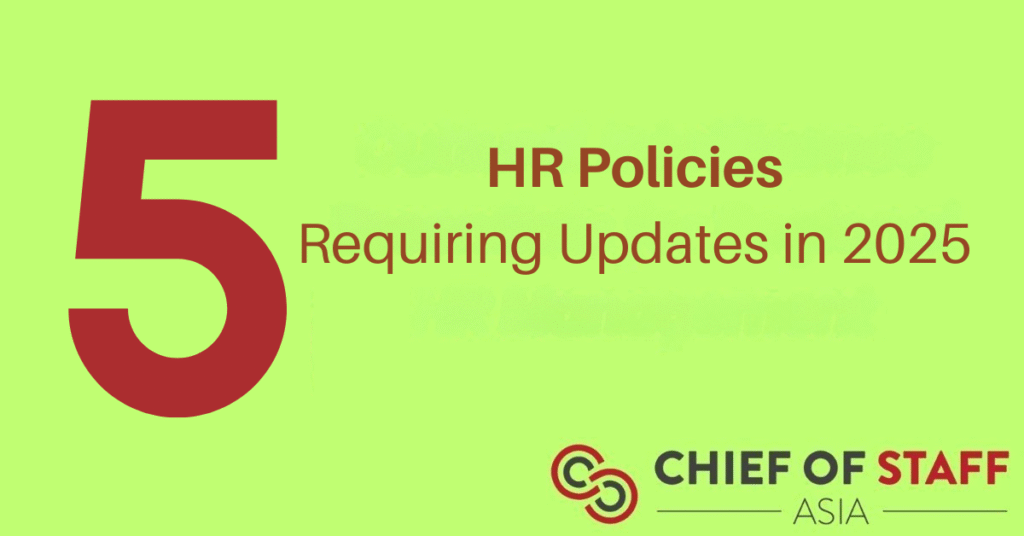In Southeast Asia, where mobile penetration is among the highest in the world, employees increasingly expect workplace tools to be as seamless as the apps they use in their daily lives. This shift is driving a surge in mobile-first HR systems, designed to deliver payroll, leave management, learning, and engagement functions directly through smartphones.
Mobile-first HR solutions are particularly valuable in a region with diverse workforces spread across urban and rural areas. Employees without regular access to desktops can still clock in, request leave, or access payslips through mobile apps, levelling the playing field for both frontline and office-based workers.
In Indonesia, Mekari Talenta offers a mobile platform for HR tasks ranging from attendance to performance reviews, used by businesses of all sizes. In the Philippines, Sprout Solutions has introduced a mobile app that enables employees to manage timekeeping, HR requests, and company announcements on the go. Meanwhile, in Thailand, Humanica provides mobile-first payroll and workforce management solutions, ensuring employees have round-the-clock access to HR services.
The benefits extend beyond convenience. Mobile-first HR platforms improve employee engagement by meeting staff where they already are — on their phones. Push notifications can remind employees of training deadlines, company updates, or benefits enrolment, helping organisations maintain stronger connections with their workforce. For HR teams, mobile systems also provide real-time workforce insights, supporting better decision-making.
As Southeast Asian businesses continue their digital transformation journeys, mobile-first HR systems are emerging as a strategic necessity. They not only streamline processes but also ensure inclusivity and accessibility, bridging gaps in a diverse workforce. For organisations competing for talent, a mobile-first HR strategy is no longer a nice-to-have — it is fast becoming the standard.









